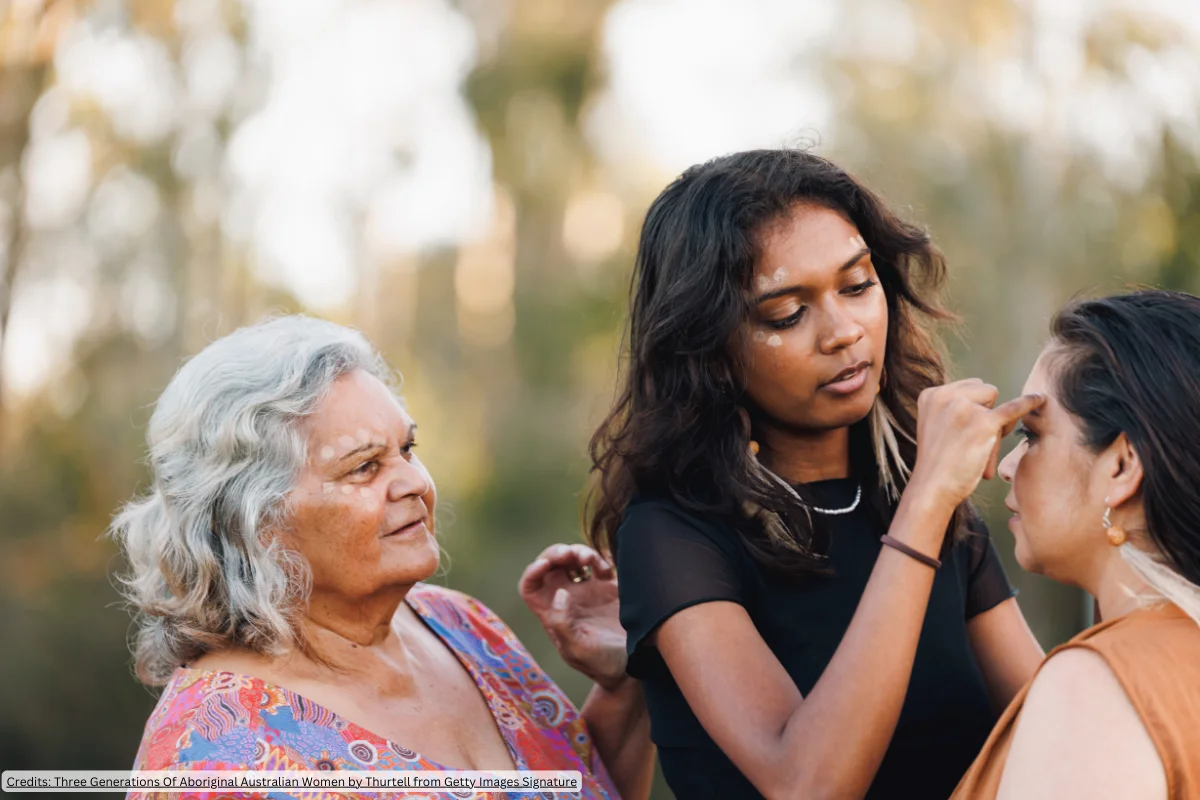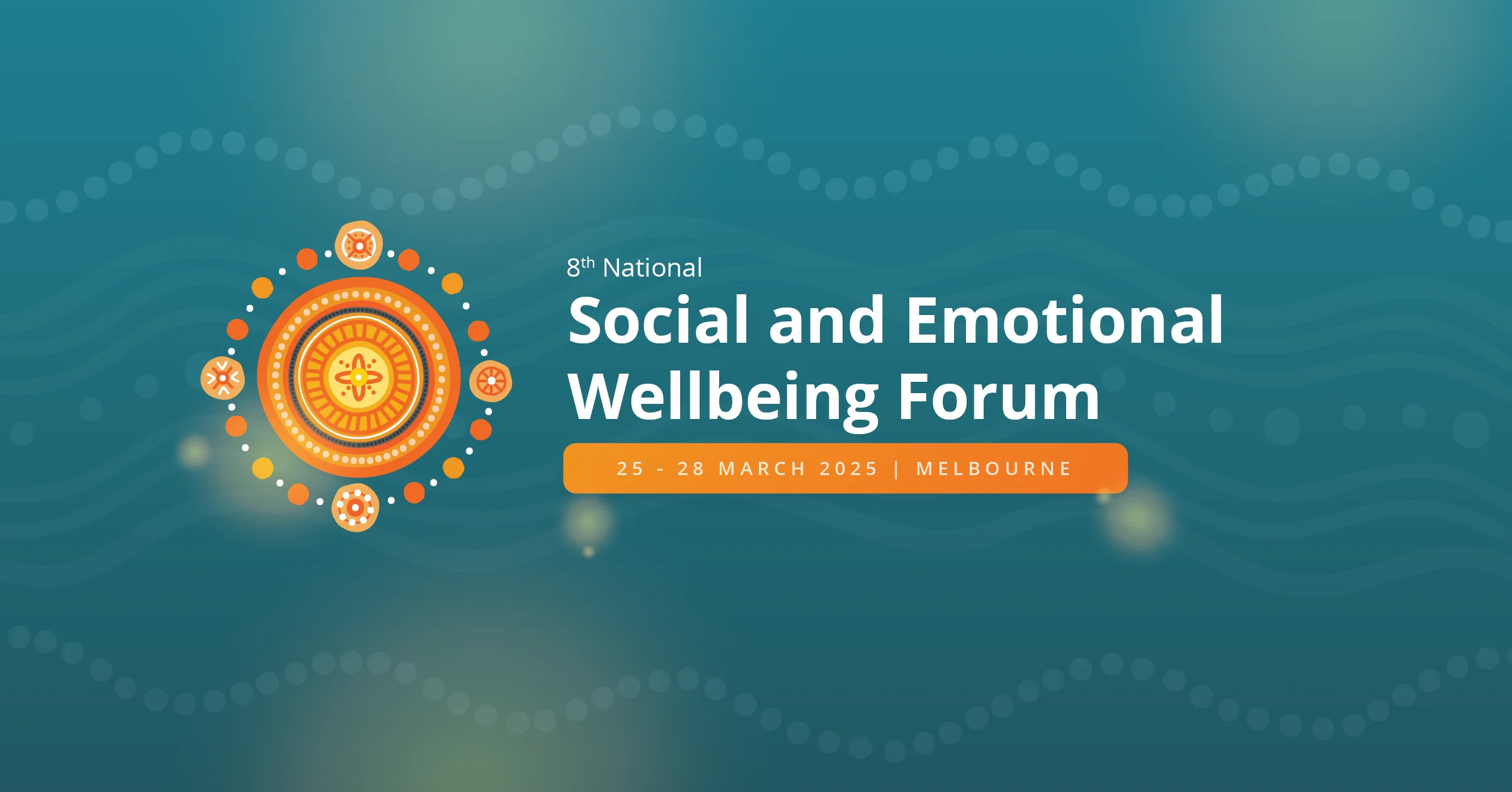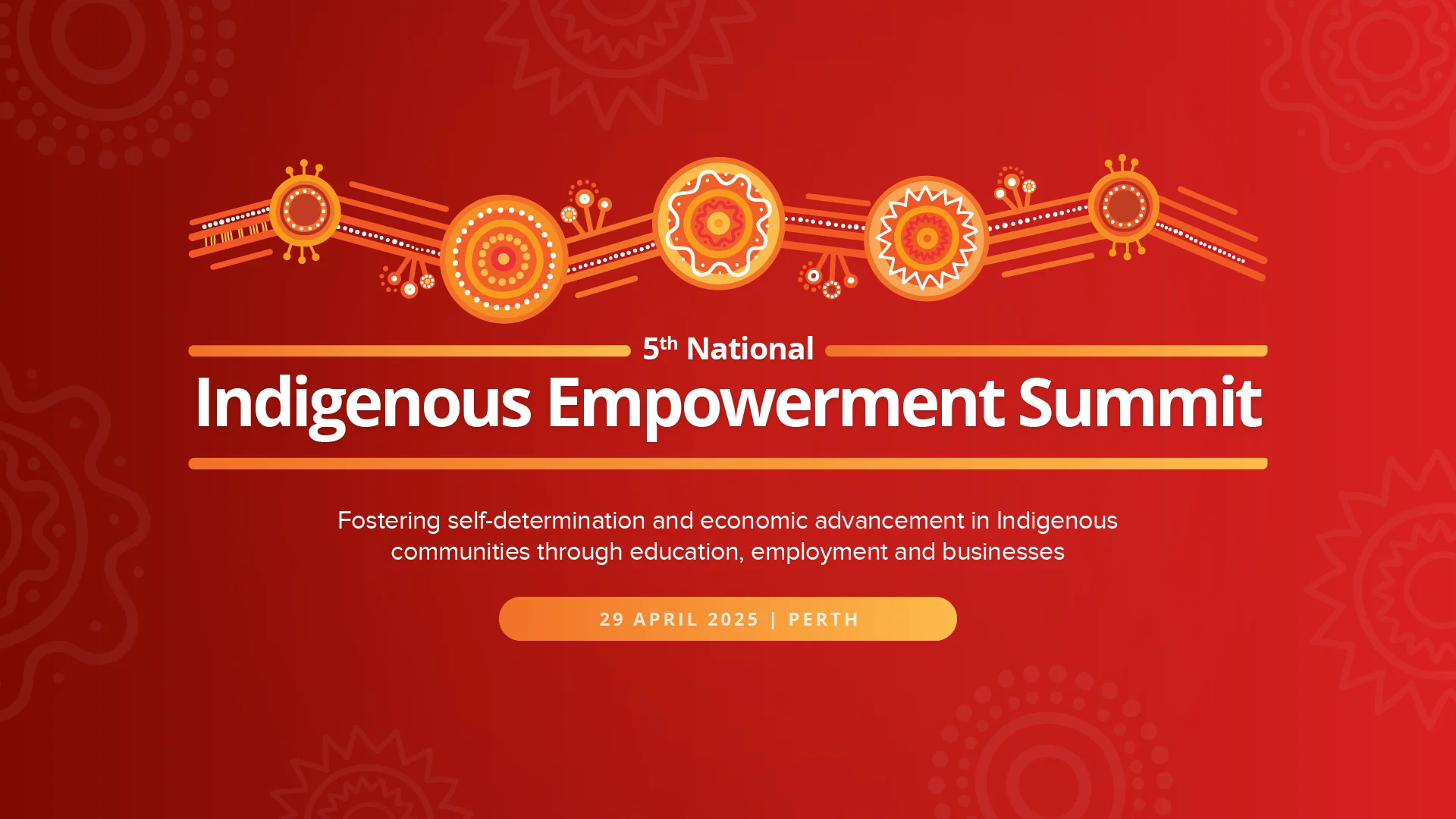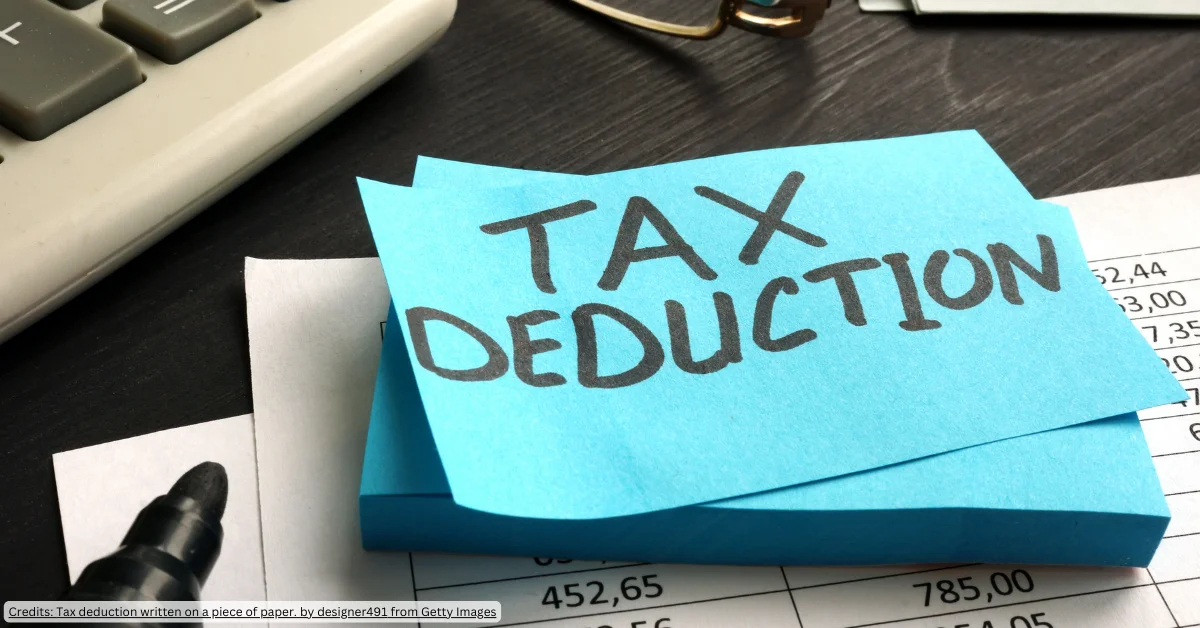Australia’s first accessible platform to educate women with intellectual disabilities on their workplace rights is set to launch. The programme called ‘Women in the Workplace’ was created by Tara Shekede, founder of MePlusMore, in conjunction with the Department of the Prime Minister and Cabinet’s Office for Women.
Years in the making, the online stream of learning will teach women with intellectual disabilities all about their rights in the workplace – something they’ve never had full access to before.
It covers topics such as best practices in getting a job and how they should be treated in the workplace to things such as consent, sexual harassment and navigating challenges.
Me Plus More CEO, Tara Shekede says “We’re delighted to be receiving funding from the Commonwealth Government for a project specifically for women with intellectual disabilities, it indicates a commitment to ensuring these women have a bright and positive future.”
The program is a first-of-its-kind and aims to prevent issues around wrongful discrimination and danger in the workplace, especially for women with an intellectual disability who may not have been taught these important lessons.
“It comes at a time where soaring numbers of women have bravely put their hand up to speak of their experiences, and with the programme targeted to improve outcomes, I believe this will have great results for the women in our communities,” says Shekede.
By doing so, Women in the Workplace will provide 12 streams of learning surrounding how to get a job, safety, consent, harassment, performance, and routine to help women with intellectual disabilities thrive within the workplace.
Minister for Foreign Affairs and Minister for Women, Senator the Hon Marise Payne, said the projects have a focus on boosting women’s employment opportunities and supporting women’s safety.
“These projects are estimated to benefit around 40,000 Australian women nationwide, including women from diverse backgrounds and those at high risk of long-term unemployment”, Minister Payne said.












